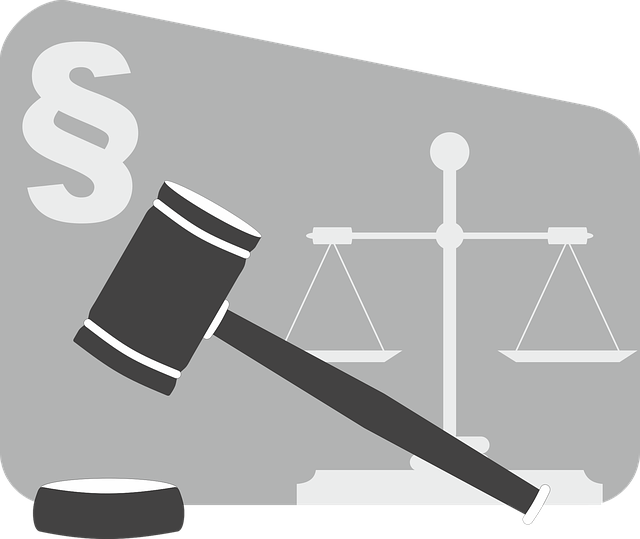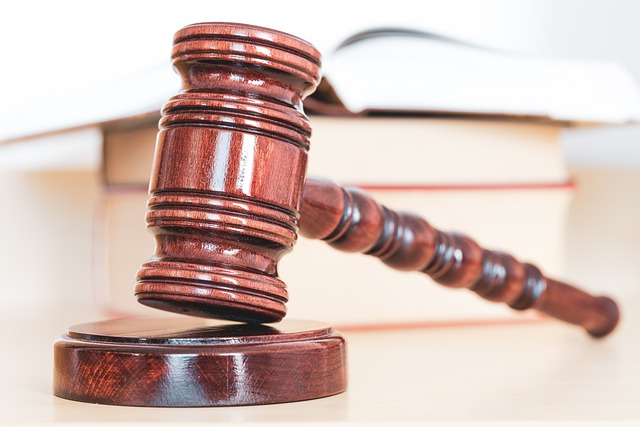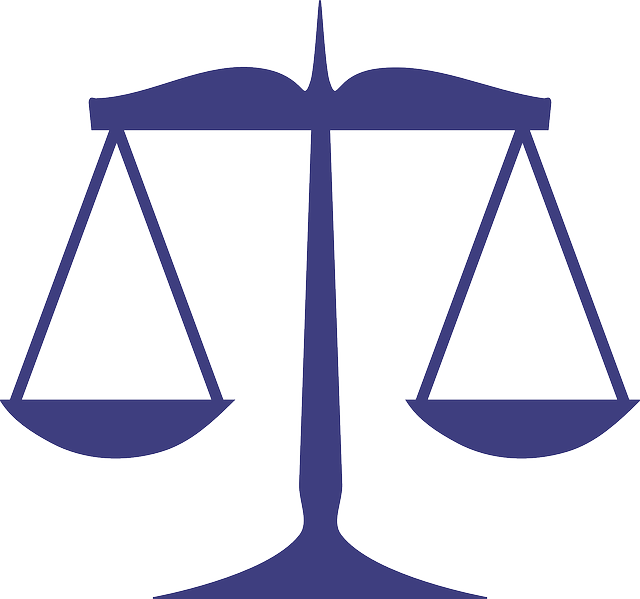When facing an employment law complaint, understanding the allegations, gathering relevant evidence (like contracts, performance reviews, and witness statements), and seeking specialized legal counsel are crucial initial steps. The filing process varies geographically but generally involves timely responses within prescribed limits. Identifying risk factors through organizational policy analysis can prevent or mitigate disputes. Skilled legal representation ensures compliance with complex procedures, strengthens defenses, and minimizes risks and costs associated with employment law complaints.
“Effective litigation risk management is pivotal for organizations to mitigate potential legal pitfalls, especially in employment law. This article guides you through crucial steps to file an employment law complaint, starting with understanding the initial processes and evolving into strategic navigation of the legal process. We explore identifying and assessing risk factors, crafting robust cases through evidence gathering, and managing filings strategically. By following these essential steps, organizations can better prepare for and navigate employment disputes.”
- Understanding Employment Law Complaints: The Initial Steps
- Identifying and Assessing Risk Factors for Litigation
- Crafting a Solid Case: Gathering Evidence and Documentation
- Navigating the Legal Process: Filing and Strategic Management
Understanding Employment Law Complaints: The Initial Steps

When facing an employment law complaint, the initial steps are crucial for navigating the legal landscape effectively. The first step is to understand the nature of the accusation and gather all relevant information. This includes reviewing any available evidence, such as emails, memos, or witness statements, that can help in building a defense strategy. Consulting with an employment law attorney is also essential, as they can provide guidance tailored to your specific situation and help interpret complex legal frameworks.
The steps to file an employment law complaint vary across the country, but generally involve preparing and filing a formal response within a set timeframe. An experienced lawyer will ensure that all required documents are completed accurately and submitted on time, minimizing the risk of a complete dismissal of all charges. Their expertise can significantly enhance the chances of achieving a favorable outcome for their clients, who may be facing serious reputational and financial consequences.
Identifying and Assessing Risk Factors for Litigation

Identifying and assessing risk factors for litigation is a critical step in managing potential legal disputes, especially within the context of employment law. It involves a comprehensive analysis of an organization’s policies, practices, and internal culture to pinpoint areas susceptible to claims. By examining past incidents, employee feedback, and industry trends, businesses can uncover risks that may lead to costly lawsuits if left unaddressed. For instance, steps to file an employment law complaint often originate from perceived injustices related to discrimination, harassment, or unfair termination, making it imperative for companies to proactively manage these risks.
This process should encompass all stages of the investigative and enforcement process, ensuring that appropriate measures are in place to address concerns promptly. Through thorough risk assessment, respective businesses can implement strategies to mitigate liabilities, foster a positive work environment, and achieve extraordinary results by preventing or resolving legal issues before they escalate.
Crafting a Solid Case: Gathering Evidence and Documentation

Crafting a solid case starts with meticulous evidence gathering and documentation. The first step in this process is to gather relevant documents that support your employment law complaint, such as contracts, performance reviews, and any communication between you and your employer. These documents serve as the foundation of your case, providing concrete evidence of any alleged violations.
Next, it’s crucial to organize and review these materials carefully. Look for patterns or instances that demonstrate unfair treatment or discrimination. Additionally, consider collecting witness statements from colleagues who can corroborate your experiences. This comprehensive approach ensures you have a robust case ready to present, aiming for a complete dismissal of all charges or achieving extraordinary results across the country, depending on the strength of your evidence and legal counsel.
Navigating the Legal Process: Filing and Strategic Management

Navigating the legal process is a crucial step for any organization or individual facing litigation risk management. The initial steps to file an employment law complaint involve meticulous preparation and strategic management. This begins with gathering all relevant documents, evidence, and witness statements, ensuring a comprehensive understanding of the claim.
An unprecedented track record in both general criminal defense and corporate legal matters demonstrates the importance of skilled representation. Legal professionals play a pivotal role in guiding clients through complex procedures, from filing the necessary paperwork to negotiating settlements or preparing for trial. This strategic management not only ensures that all legal requirements are met but also helps in building a robust defense, ultimately minimizing potential risks and costs associated with employment law disputes.
Effective litigation risk management is key to mitigating potential employment law complaints. By understanding the initial steps involved in these processes, identifying and assessing risk factors, gathering solid evidence and documentation, and navigating the legal process strategically, organizations can significantly reduce their exposure to costly lawsuits. Implementing these practical measures ensures a robust defense and fosters a more positive working environment, ultimately enhancing an organization’s reputation and financial stability.






